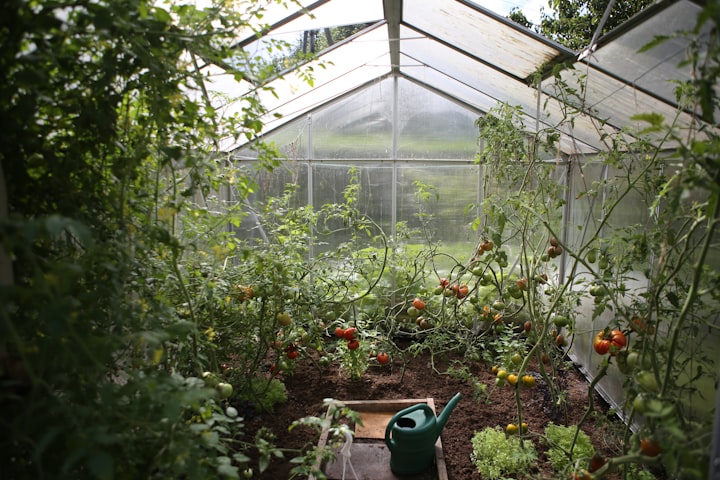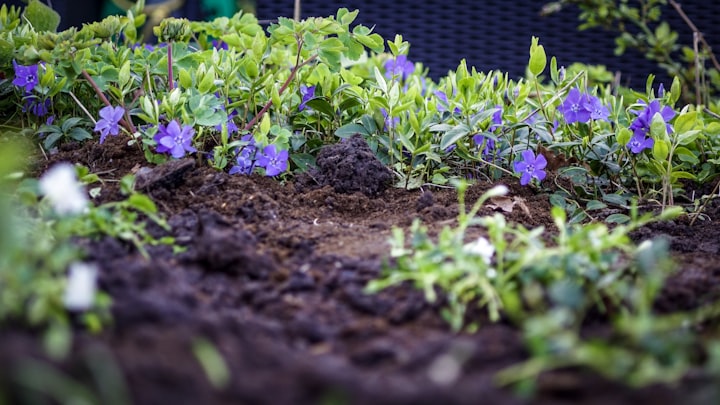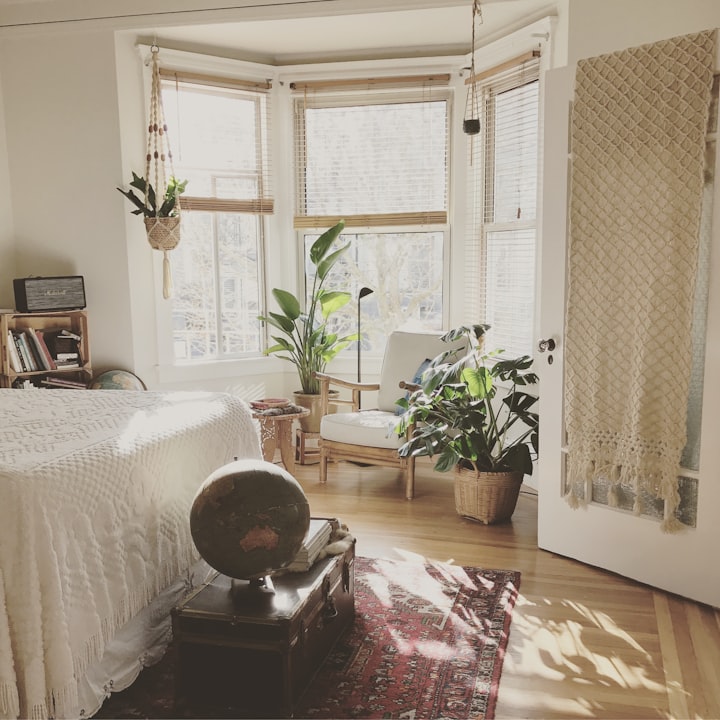How To Take Care Of Your Plants And Keep Your Garden Healthy
Here are a few tips to keep your plants and garden alive.

To achieve that healthy garden all seasons, you need to create and follow a regular maintenance routine. Some of these plants in your yard might appear quite sensitive, and if neglected, they might wither or die. A neglected garden may consume too much time and effort to return it to good health some times in vain. You wouldn't want that to happen, would you? Here are several tips on how to take care of your plants and garden to achieve that lush and vibrant appearance.
Water the Garden Adequately

Based on the soil moisture and the plant variety in your garden, you need to provide the necessary water for adequate growth. During the summer season, the plants can lose water wither and die, and it would be best to water them at least daily. You can water the plants twice a week in the colder seasons, depending on the rainfall amount in your area. Use drip irrigation or a transparent water hose for a more extensive garden to save up water and ensure that you don't splash onto the leaves to prevent infections.
Control Weeds

Weed competes for essential nutrients with your plants, and they may also harbour pests and diseases. Therefore, adopt a regular weeding routine, particularly in the initial growth phase. You can uproot the plants in smaller gardens, but in larger yards, use various good gardening tools, including hoes, forks, or rakes.
Mulch the Garden

Lay down organic material in the garden to improve the soil moisture retention level and to regulate temperature. It will also help prevent soil erosion, weed growth, and minimize diseases. While mulching, choose materials that don't affect your garden's beauty, and you can use contents like dry grass or wood chips.
Apply the Appropriate Fertilizers

Over time, the soil may lose its fertility, and your plants may thus get inadequate nutrients. It's, therefore, a good idea to apply fertilizers to help boost growth. However, you need to use the right amount and types of fertilizers to your plant since an excessive application can burn the roots reducing its capacity to absorb water.
Control and Prevent Pests

Pests can damage your plants, creating an unhealthy appearance. Prevent pests from entering your garden to create a bug-free environment that promotes optimal growth. You can achieve this by eliminating refuse and weed from your yard and also introduce some barriers and traps to control the infestation of aphids, mites, gnats, and other bugs. Use the appropriate pesticides to kill the harmful organisms and eliminate highly infected plants to control pests spread.
Provide Adequate Sunlight

Expose your plants to sunlight to obtain the appropriate energy that supports photosynthesis to provide sufficient nourishment. However, you need to understand your plant type. Some require more prolonged exposure, while others need only a few hours. If your plants require little sunlight, you can place a sunshade net with 80% sun-proof or barriers to block entry at some hours when the sun is too hot. Consequently, the best way to provide sufficient sunlight is by establishing your gardens far from tall buildings and trees to prevent blockage.
Prune and thin your Plant

Cut back your plants to restrict the size and encourage growth into specific shapes or heights to achieve a compact form. You do this by removing any broken, clouded, or crossing branches from your plants. If you have a crowded garden, you can uproot the excess plants to create a growth room for the rest. Mainly pick out those that look weak or inferior to allow the healthy one to grow appropriately.
Protect your Garden from Animals

The herbivorous animals can feed on the foliage and destroy your garden. Other pets, including dogs and cats, can also be destructive to smaller plants. Therefore, you can install barriers like the PVC meshes that provide maximum protection and still keep your plant visible. PVC plastic meshes have different sizes and colours. For example, you can choose 3 to 15 mm hole PVC meshes with the 90 cm wide to suit varying preferences.
Summary
To grow a healthy garden, you need to provide top-notch care to your plants by availing the required nutrients, sunlight, water, and adequately controlling pests. To sufficiently water your plants, you can find different sizes of transparent hoses in the market that suit your garden's water requirements. The above piece outlines various tips to guide you through.






Comments
There are no comments for this story
Be the first to respond and start the conversation.